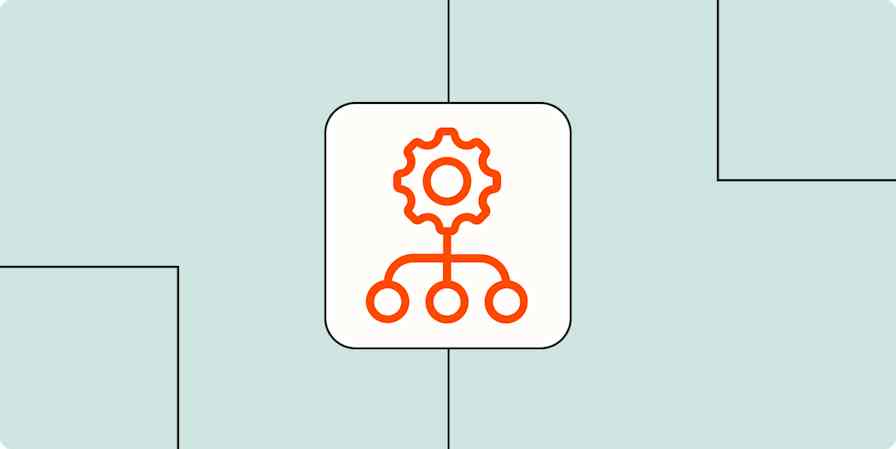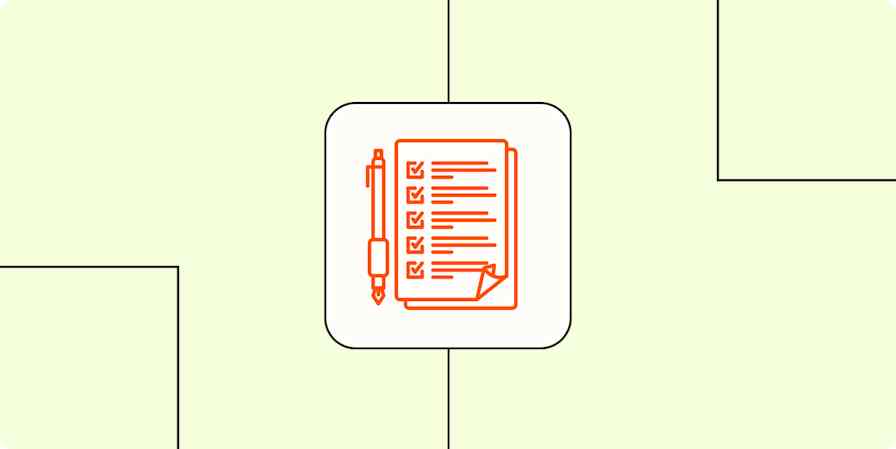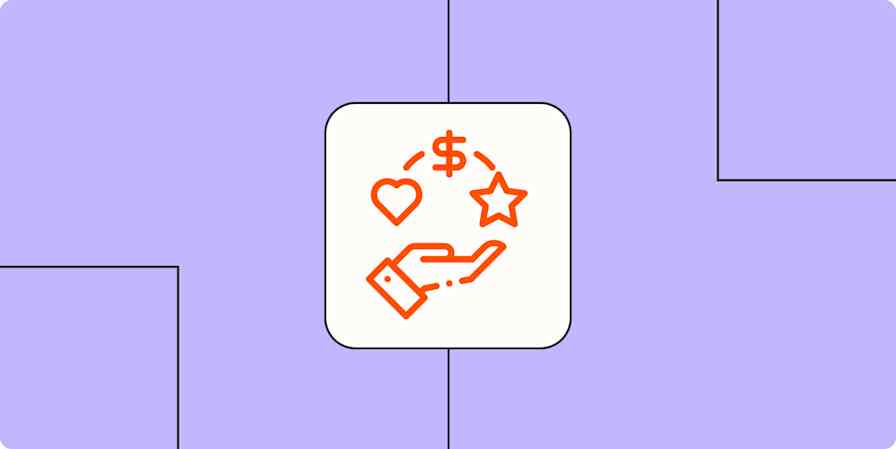Productivity tips
6 min readHow bad idea brainstorms have helped me get braver—and better—at work
By Deanna deBara · March 17, 2022

Get productivity tips delivered straight to your inbox
We’ll email you 1-3 times per week—and never share your information.
Related articles
Improve your productivity automatically. Use Zapier to get your apps working together.








